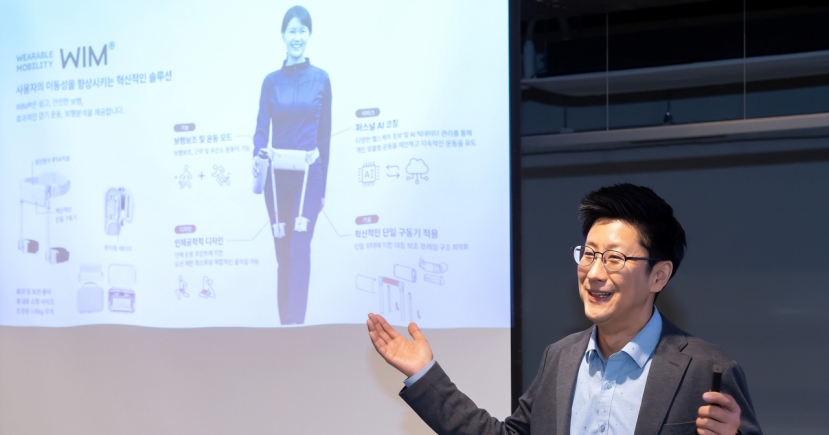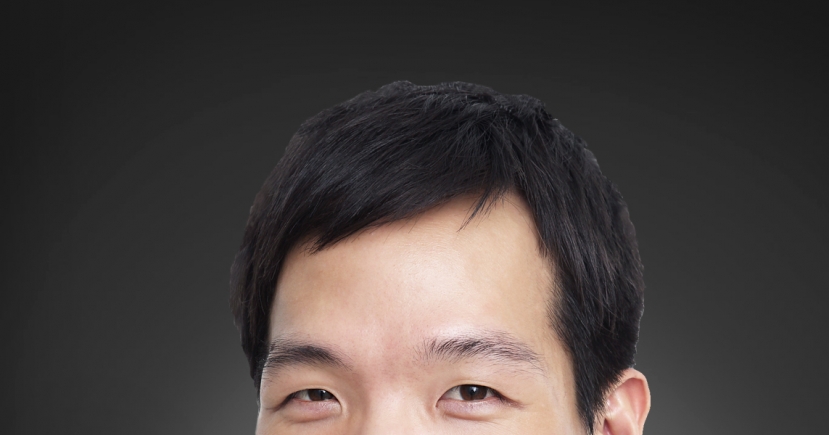Economy
Korea closely monitors China’s latest import rule as THAAD tension rises
[THE INVESTOR] The latest trade tension with China comes in the form of a new registration process for certain cosmetics imported from South Korea to China through ports in the Pudong New Area of Shanghai. The measure took effect on March. 1, according to the Korea International Trade Association on March 2.
The new regulations go into effect as Korean companies with ties to China carefully monitor the market there in the wake of rising tensions over the installment of an anti-missile Terminal High Altitude Area Defense system here in Korea.
The new cosmetics regulations, which were announced in January, allows certain cosmetics brought in through Pudong to be distributed after a simple registration process rather than the existing license approval process. In essence, the major change is that these cosmetics can undergo the time-consuming administrative approval process after their release, rather than before.
This will allow importing companies to introduce new products to the market about three months faster than before, keeping up with changing trends.
However, the registration process only applies to companies that have a corporate entity registered in the Pudong New Area that can be held accountable for the cosmetics being imported. The registration process also excludes specialty cosmetics that are designed for skin improvement, such as whitening or anti-wrinkle products.
These limitations generally mean that large, established cosmetics companies such as Amorepacific and LG Household & Health Care will not be affected by the change.
“Generally speaking, the switch to registration process is a positive one because companies can bring in new products faster. But right now, it doesn‘t apply to us,” said a spokeswoman for one cosmetics company.
According to the spokeswoman, the change will likely affect only new, smaller cosmetics companies that do not currently hold licenses for importing products into China and were hesitant to undergo the administrative approval process. By partnering with a corporation in Shanghai, these companies will be able to enter the market without completing the complex approval process beforehand.
The KITA report cautioned that these types of companies should take special care when preparing their documents to launch their products in Korea, because companies choosing the simplified registration process are likely to be regulated “more strictly than before.”
The cosmetics industry, which is heavily reliant on the Chinese market, is carefully watching developments such as this one because of escalating tensions over the installment of THAAD here.
On Feb. 28, the Korean Defense Ministry signed a land swap deal with Lotte Group to acquire land in the Seongju region, southeast of Seoul, to install the battery.
Following the decision, Lotte has suffered significant backlash from China. Lotte’s products were pulled from popular online shopping malls such as JD.com and beauty shopping mall Jumei, with the CEO of Jumei even posting on social media that the site will no longer be selling Lotte products. Alibaba‘s Tmall also closed down its Lotte shop last month.
Lotte’s Chinese site www.lotte.cn was also the target of a virus attack, bringing down the site on March 1. As of 2 p.m. March 2, the site is still closed.
As consumer sentiment continues to turn against Lotte, the company may face widespread damage to its business interests, which include not only online sales but offline sales at 120 retail outlets in China and significant sales from Chinese tourists at its duty-free stores and department stores here in Korea.
“Fortunately, we are not seeing any direct impact (from THAAD) in our Chinese business, but we are cautiously watching whether these negative consumer sentiments will spill over to Korean products in general,” said a spokesperson for a cosmetics company that operates in China.
By Won Ho-jung/The Korea Herald (hjwon@heraldcorp.com)








